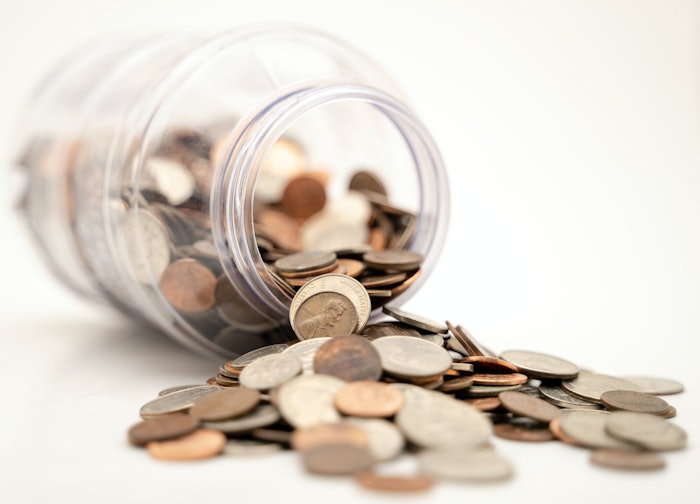
Do you know how much you make per hour?
I worked for years behind the chair without ever giving it a thought. One day, my wise accountant asked me to do a simple exercise: Divide my total weekly earnings by the actual hours I spend working in the salon.
What’s the big deal about knowing your hourly wage?
This brings me to the next thing my accountant asked me to do: before purchasing anything, think about the hours of work the price tag represents. Here’s an example in today’s money— suppose you lease a chair four days a week and earn $800, minus rent ($250) supplies ($100) miscellaneous (50), you take home $400, and if you work thirty hours that week, you are a $13.33-hour worker plus tips. Ok, now what?
Just for fun, go back to purchases you’ve made in the past couple of weeks and give it an hourly wage. Here are a few probable examples: groceries $80: 6 work hours. Pair of shoes $90: seven work hours. Take-out $25: two hours. Happy hour: $30: 2.5 hours. A tank of gas $45: about a half-day of work. Amazon prime: one work hour. Dinner out? New car? You do the math.
What your hourly wage says about the actual value of your earnings.
Your hourly wage is a snapshot of your true earnings in today’s economy. When I figured out my hourly wage, I knew I had to find ways to keep more of my hard-earned dollars to create a safety net. Either earn more or spend less—and maybe you can do both. Money talks: it says, “Save me now, and I will save you tomorrow.”
After Covid19, never get caught financially off-guard again.
Can it happen again? A work stoppage can happen to any one of us unexpectedly for many reasons other than a virus–a medical emergency, an injury, a family emergency, or maybe a salon closure. Here’s a salty statistic: one of every three people living in the USA will have a medical emergency within the calendar year. The formula for building an emergency fund is straightforward and unforgiving: spend less and put some money into an account you won’t touch. Easier said than done? Yes.
Savings, just like dieting, exercise, and calling grandma, require consistency.
You can’t eat healthy just for awhile and enjoy long-term benefits. You need to create the environment for a full-scale lifestyle change one small step at a time. It takes time, patience, and many restarts. For now, snap out of the autopilot money-in money-out living by raising your awareness of what you really earn and where it goes. Then, tell your money what to do, or it will tell you.
Here’s how I got rolling on creating awareness for savings:
One night, when I counted my tip money as we always do, I took some of it and put it in an envelope in a drawer on my night table. I tried to remember to add just a bit more cash to the envelope each night. It soon became a habit. This simple habit began to awaken my savings muscle.
None of us were born with excellent money habits.
Money smarts is like a muscle you exercise and build up. Your first attempts at creating a money fund might fall a little flat—just like when you began hairdressing. My simple nightly routine started training my brain to look for saving opportunities in my everyday life. Once I saw the rewards from flexing my savings muscle, I never looked back.
Wealth is not about making lots of money—it’s about keeping it.
Tell your money what to do, no matter how small the amount. You don’t need to be a tightwad, stingy, or pass up on life’s good moments. Just keep an eye on the money coming in and aim for having a positive balance at the end of each month. Take that money and put it away. It doesn’t matter if it’s just a few dollars.
Take home stuff:
- Know your hourly wage—and update it frequently.
- Be more aware of the work-hour effort to earn what you spend.
- Stay away from plastic money—credit is only for assets. Never put anything on a credit card you can’t pay by the end of the month.
Tonight, start small. Loose change works. The amount doesn’t matter. Start anywhere. Just begin.
~~~~~
ATTEND: A Carlos Valenzuela LIVE seminar: IBS-Las Vegas. June 20-21 & New York July 25-26 Learn: To Keep More of the Money You Make, Build a Rainy-Day Fund, and Paying Off Debt.
Carlos Valenzuela is a stylist, writer, success coach, ex-salon & beauty school owner. Author of The Thrifty Cosmetologist,: money smarts tailored to salon pros, and Letters to Young Carlos, a novella about a gay boy growing up along the border in the 1960s











